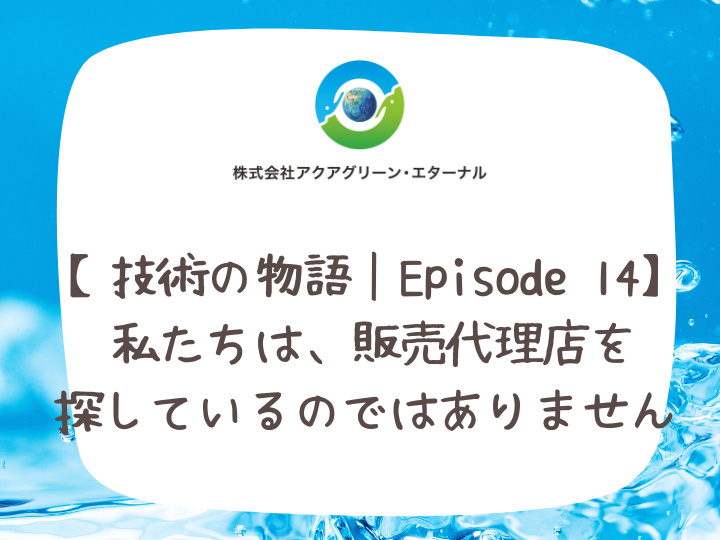
[Technology Story | Episode 14] We're not looking for a distributor
I have launched a groundwater membrane treatment business, which has grown to an annual sales of 5 billion yen.

I have launched a groundwater membrane treatment business, which has grown to an annual sales of 5 billion yen.
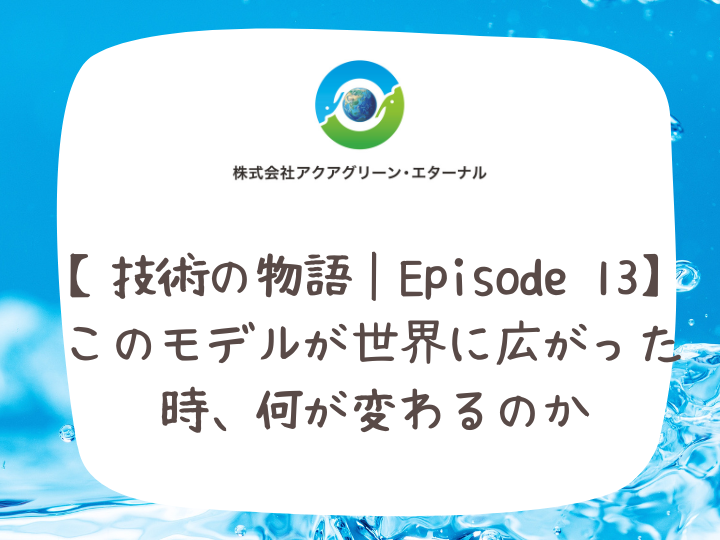
What we are trying to create is not just energy-saving equipment. It is "energy...
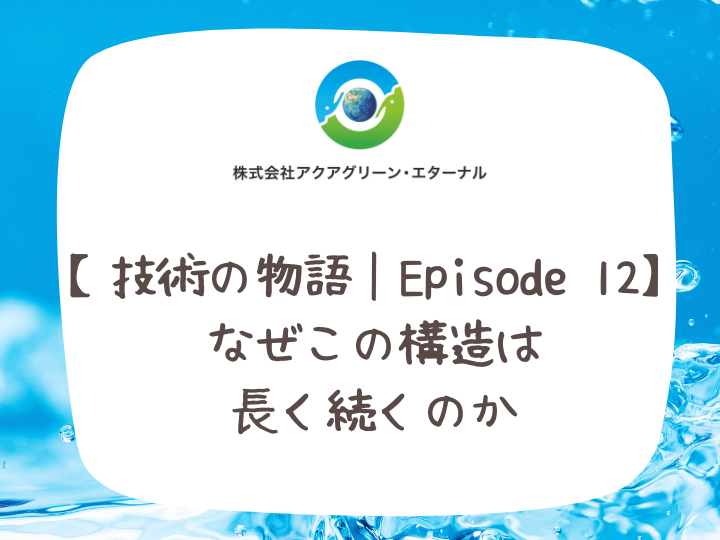
We didn't choose to become a huge manufacturer. We expanded as a single company and enlarged our factories...
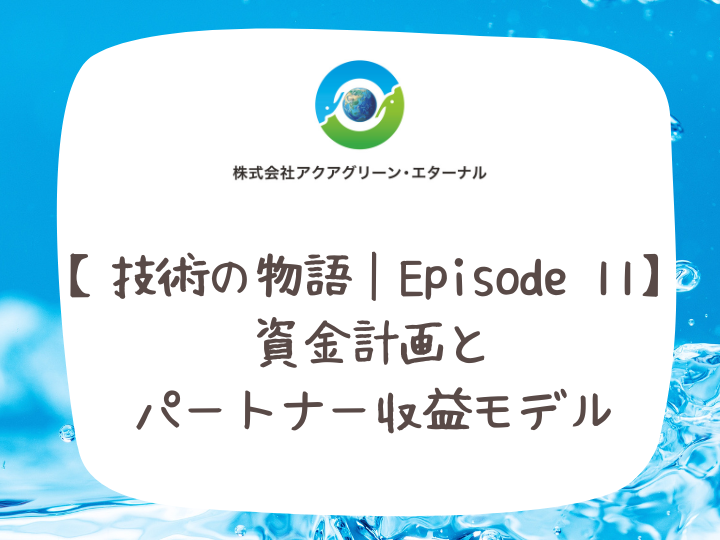
Technology cannot spread on ideals alone. It can only be sustained if there is a realistic profit structure. We…
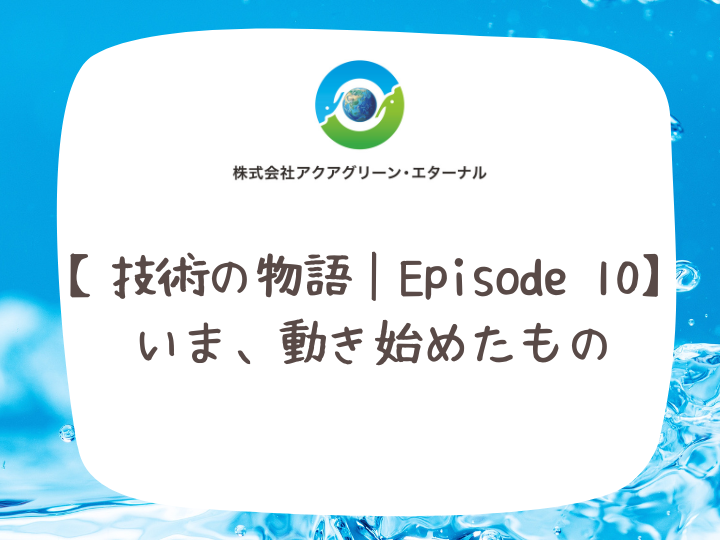
It's been about a week since I started posting on LinkedIn. I've made over 30 new connections. I've met with a major Japanese company...
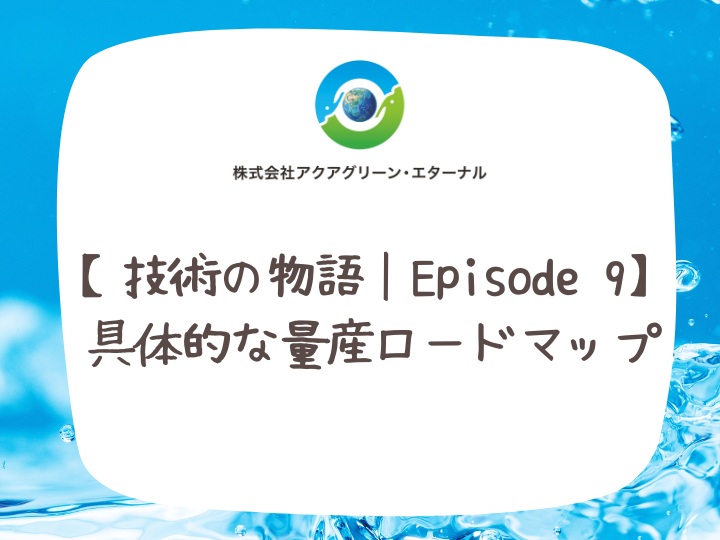
The basic concept for our small mass-produced model has already been completed. The first design proposal has also been completed, and we are finally getting started.
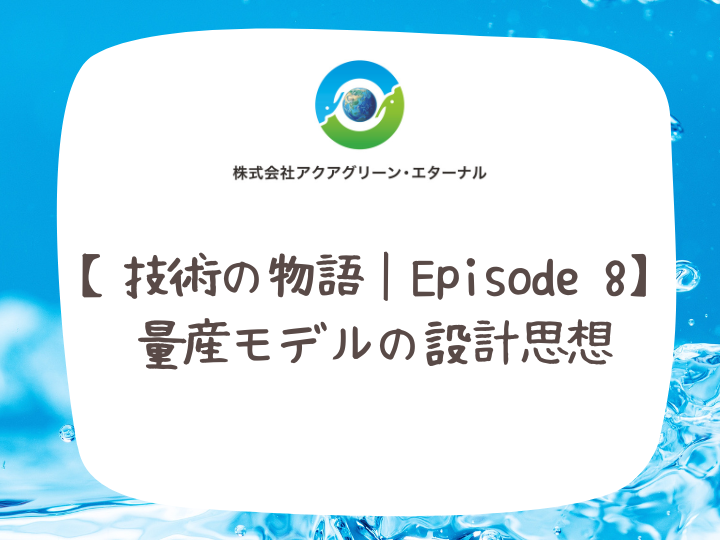
Design Concept for Mass-Produced ModelsOur mass-produced model concept is not simply about miniaturization.
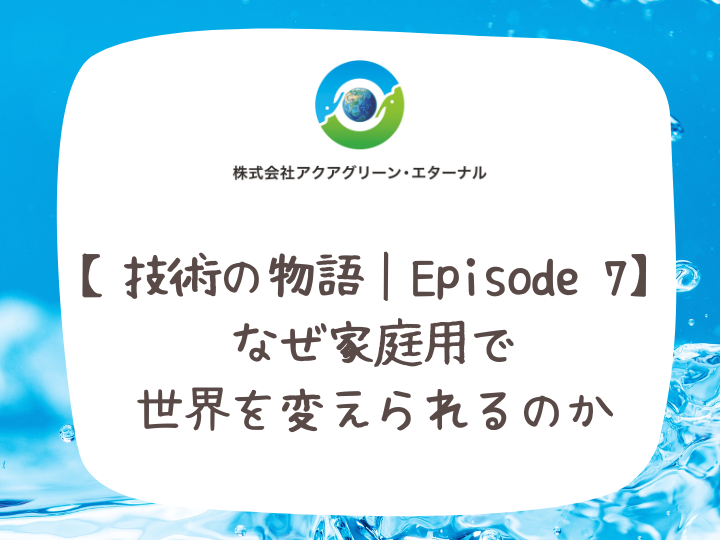
Our technology is based on "forced vaporization at low temperatures" and "direct gas-liquid heat exchange."
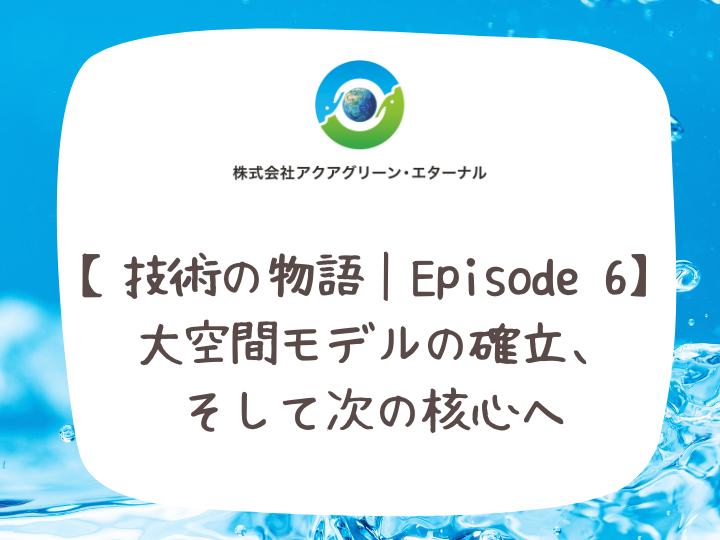
Our standard equipment is a series designed for large spaces. It has a commercial 16 horsepower output...
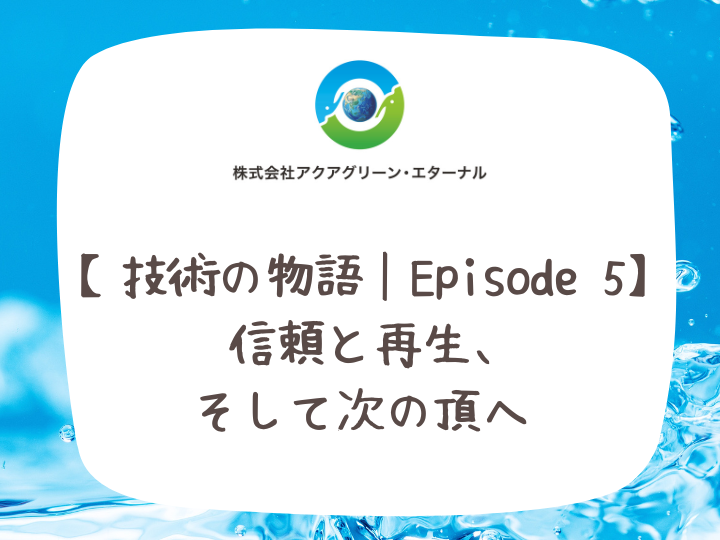
I was a technical advisor at a company run by a young president. All of the stocks I held were…